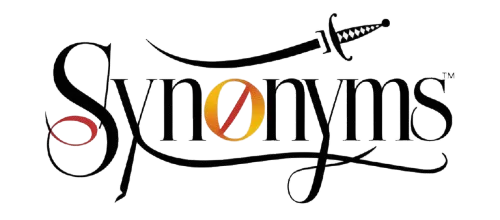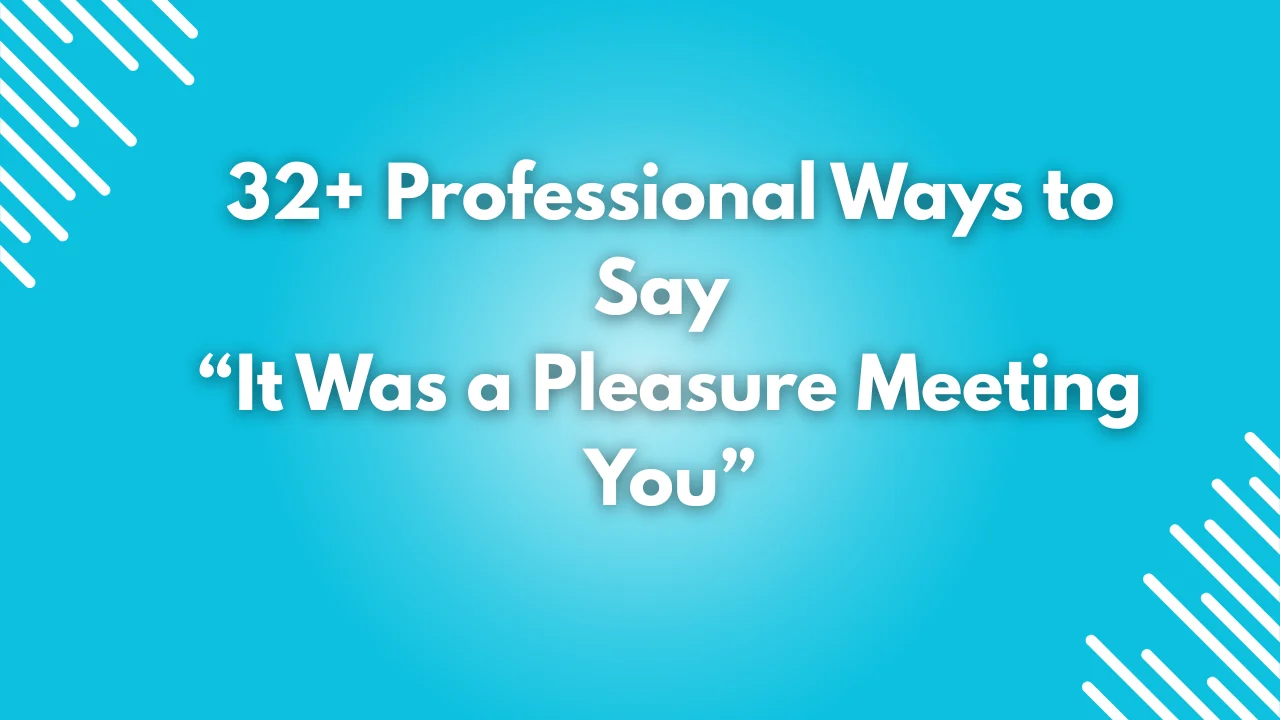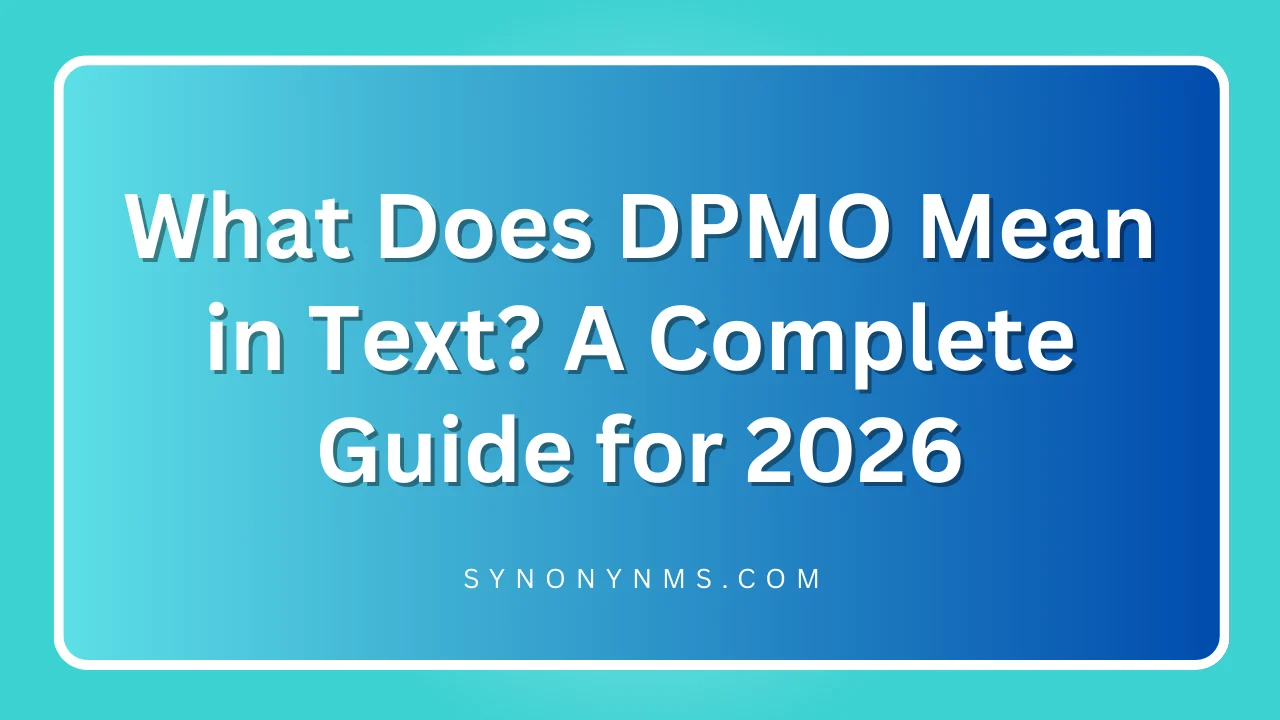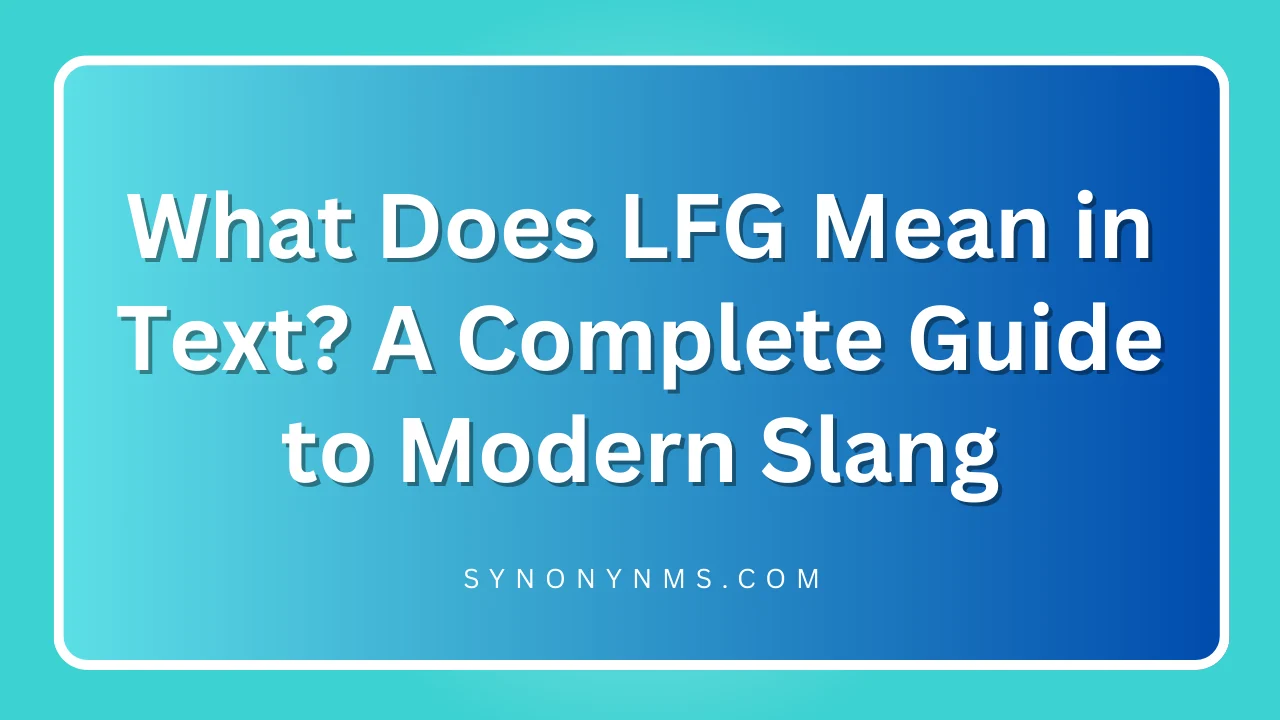“It was a pleasure meeting you” is a classic expression of warmth and professionalism often used after a first meeting, interview, or business conversation. It leaves a positive impression and reinforces good rapport — but in certain situations, you might want something a bit more polished, personalized, or expressive.
Using professional alternatives to “it was a pleasure meeting you” helps your communication sound confident, genuine, and refined. Whether you’re following up after a job interview, a client meeting, or a networking event, choosing the right phrase can show emotional intelligence and leave a memorable mark.
In this guide, you’ll discover 32+ formal and professional ways to say “it was a pleasure meeting you”, complete with meanings, tones, and real-world examples that fit emails, LinkedIn messages, and business settings.
What Does “It Was a Pleasure Meeting You” Mean?
The phrase “It was a pleasure meeting you” expresses appreciation for the opportunity to connect with someone, whether professionally or personally.
It carries a polite and friendly tone, signaling respect and genuine enjoyment of the interaction.
Example:
It was a pleasure meeting you at the conference yesterday.
While this phrase works perfectly in many contexts, using a variety of alternatives can make your message sound more sincere, tailored, and memorable — especially in formal or follow-up emails.
When to Use It
You can use this phrase (or its alternatives) in several professional scenarios:
- After a job interview to show gratitude and enthusiasm.
- Following a business meeting or event to maintain rapport.
- When sending a thank-you or follow-up email after a collaboration.
- In networking messages or professional introductions.
Example:
It was a pleasure meeting you at yesterday’s seminar — I truly enjoyed our conversation about upcoming projects.
Using a refined version of this phrase helps you stand out while maintaining sincerity.
Is It Polite or Professional?
Absolutely. “It was a pleasure meeting you” is both polite and professional, suitable for nearly any situation. However, in competitive or formal environments, you may want to adapt your tone — for instance, using “I truly appreciated the opportunity to connect” in an executive email, or “It was wonderful speaking with you” in a networking context.
Varying your phrasing demonstrates strong communication skills, emotional intelligence, and a personal touch — all valuable in business relationships.
32+ Professional Alternatives to “It Was a Pleasure Meeting You” (With Examples)
Below are elegant and polished alternatives you can use in different contexts — from formal interviews to friendly professional chats.
🔹 Formal & Polite Alternatives
- It Was a Pleasure Speaking with You
Meaning: Highlights the conversation rather than just the meeting.
Example: It was a pleasure speaking with you about the position and the company’s goals.
Use: Excellent for interview or client follow-ups.
- It Was Great Connecting with You
Meaning: Emphasizes building rapport and shared interest.
Example: It was great connecting with you at the marketing summit yesterday.
Use: Perfect for networking or LinkedIn messages.
- I Really Enjoyed Our Conversation
Meaning: Adds a personal and sincere tone.
Example: I really enjoyed our conversation about future collaborations.
Use: Professional yet warm.
- I Appreciated the Opportunity to Meet with You
Meaning: Polite and respectful acknowledgment.
Example: I appreciated the opportunity to meet with you and discuss potential partnerships.
Use: Excellent for formal emails or interviews.
- It Was Wonderful Meeting You in Person
Meaning: A warm variation when meeting someone face-to-face.
Example: It was wonderful meeting you in person after our previous emails.
Use: Great for business introductions.
- I’m Grateful We Had the Chance to Connect
Meaning: Expresses appreciation and professionalism.
Example: I’m grateful we had the chance to connect and share insights.
Use: Ideal for networking or industry events.
- It Was a Privilege Meeting You
Meaning: Very respectful and formal tone.
Example: It was a privilege meeting you and learning about your organization’s initiatives.
Use: Suitable for executive or diplomatic communication.
- It Was a Pleasure to Make Your Acquaintance
Meaning: Traditional yet elegant.
Example: It was a pleasure to make your acquaintance during the conference.
Use: Works well in formal written correspondence.
- It Was an Honor Meeting You
Meaning: Expresses high respect and admiration.
Example: It was an honor meeting you and hearing your perspectives on leadership.
Use: Appropriate when addressing senior professionals or mentors.
- I’m Glad We Had the Opportunity to Meet
Meaning: Polite and professional acknowledgment.
Example: I’m glad we had the opportunity to meet and exchange ideas.
Use: Excellent for follow-ups or thank-you emails.
🔹 Friendly but Professional Alternatives
- It Was Great Meeting You
Meaning: A relaxed, positive version of the original.
Example: It was great meeting you at the networking event last night.
Use: Perfect for colleagues or industry peers.
- I Really Enjoyed Meeting You
Meaning: Adds warmth and personality.
Example: I really enjoyed meeting you and learning about your recent project.
Use: Works well in friendly business settings.
- It Was Fantastic Speaking with You
Meaning: More enthusiastic tone.
Example: It was fantastic speaking with you about your company’s growth strategy.
Use: Great for sales or collaborative meetings.
- I Truly Enjoyed Our Discussion
Meaning: Highlights a meaningful exchange.
Example: I truly enjoyed our discussion about innovation and sustainability.
Use: Ideal for thought leadership or professional dialogue.
- I’m Delighted We Had the Chance to Meet
Meaning: Warm, optimistic phrasing.
Example: I’m delighted we had the chance to meet and discuss future opportunities.
Use: Professional and personable.
- It Was a Pleasure Learning More About You
Meaning: Expresses genuine curiosity and appreciation.
Example: It was a pleasure learning more about your experience and vision.
Use: Excellent for networking or interviews.
- It Was Great to Finally Meet You
Meaning: Perfect for first in-person encounters after online contact.
Example: It was great to finally meet you after months of virtual collaboration.
Use: Common in hybrid workplace settings.
- Meeting You Was Truly Enjoyable
Meaning: Emphasizes sincere enjoyment.
Example: Meeting you was truly enjoyable — I appreciated your insights on leadership.
Use: Balanced between formal and warm.
- I’m Thankful We Had the Chance to Talk
Meaning: Simple, authentic gratitude.
Example: I’m thankful we had the chance to talk about upcoming trends.
Use: Great for networking or collaboration emails.
- It Was Lovely Speaking with You
Meaning: Friendly and positive tone.
Example: It was lovely speaking with you about the upcoming project timeline.
Use: Perfect for semi-formal or approachable business contexts.
🔹 Formal & Executive-Level Expressions
- It Was a Privilege to Engage in Conversation with You
- Our Meeting Was Both Insightful and Enjoyable
- I Appreciate the Time You Took to Meet with Me
- I Valued the Opportunity to Discuss Our Shared Interests
- It Was Enlightening Speaking with You
- I Genuinely Appreciated Your Time and Insights
- It Was a Delight to Exchange Ideas with You
- Meeting You Was an Absolute Pleasure
- I’m Honored We Had the Opportunity to Connect
- It Was a Rewarding Experience Meeting You
Each of these options adds a refined, graceful tone, perfect for formal correspondence, post-meeting follow-ups, and client communication.
🔹 Concise & Polished Closings for Emails
- It was great to connect — I look forward to staying in touch.
- Thank you for your time — meeting you was a true pleasure.
- Delighted to have met you and hope our paths cross again soon.
These short, elegant sign-offs work beautifully as email closing lines that balance courtesy and professionalism.
Conclusion
Expressing genuine appreciation after meeting someone is a subtle yet powerful way to strengthen professional relationships. While “it was a pleasure meeting you” is timeless, using alternative phrases shows attentiveness, respect, and strong communication skills. Choose expressions that fit the tone of your message — whether formal, friendly, or enthusiastic — to leave a lasting, positive impression. A few carefully chosen words can turn a simple follow-up into a memorable connection.



